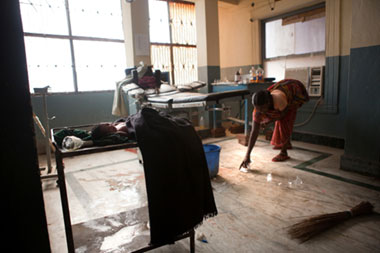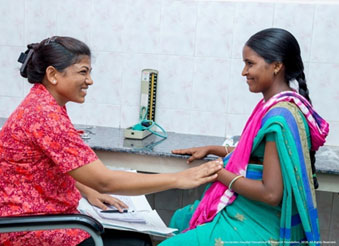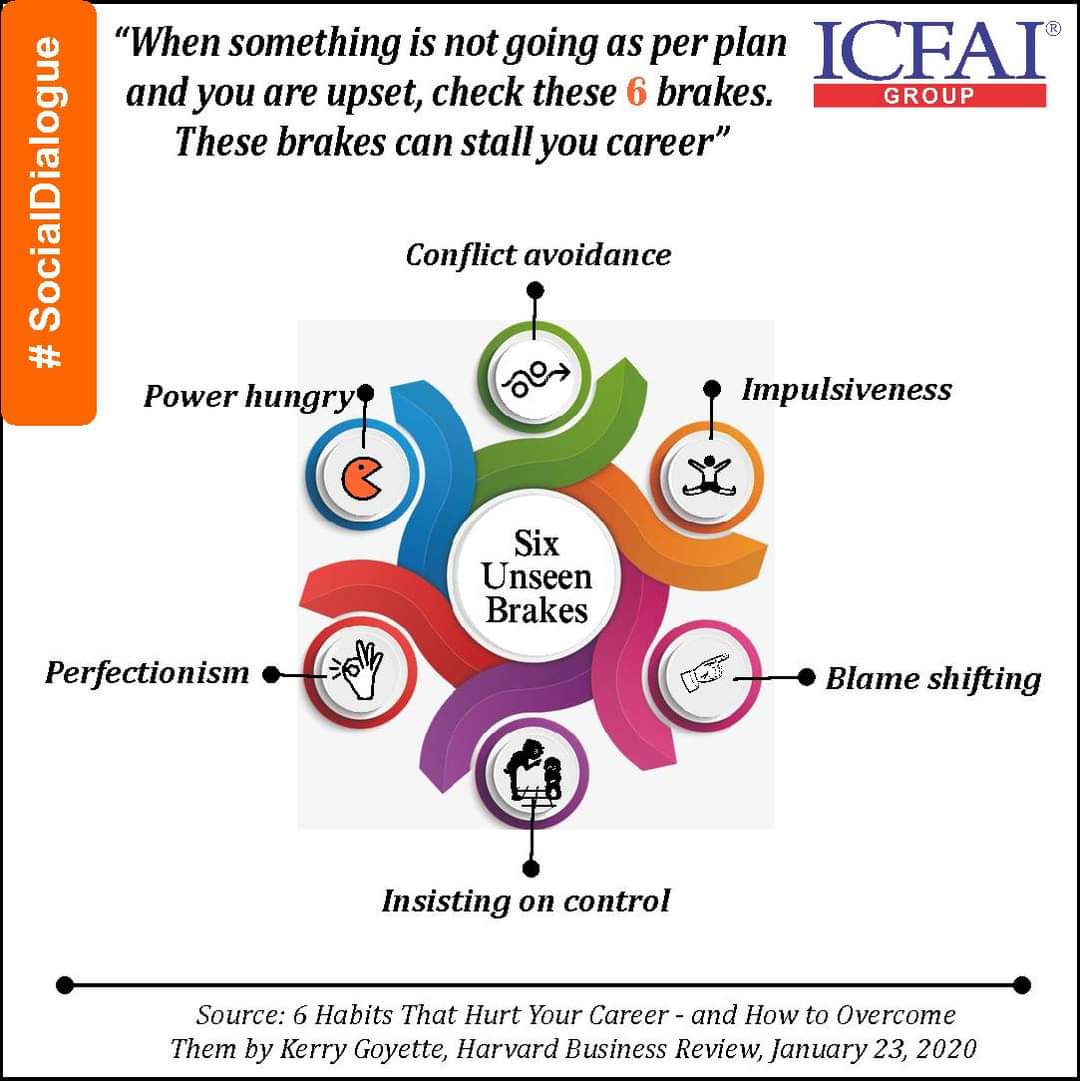
An evening with Dr. Evita Fernandez
Introduction
On Friday, May 6, we had an inspiring and fascinating session by Dr
Evita Fernandez, the head of Fernandez Hospitals. Dr Fernandez spoke
about the key issues in childbirth, how the mortality rate of mothers
during childbirth can be brought down further and most importantly how
more compassionate and cost effective healthcare can be provided to
expectant mothers even in the rural areas with the help of midwives.
Here is the link to the whole session:
https://www.youtube.com/watch?v=OEOE4ZXk7Es
About Dr Evita Fernandez
Dr Evita Fernandez (FRCOG) is a renowned obstetrician and the chairperson of Fernandez Foundation, Hyderabad. She is a Fellow of the Royal College of Obstetricians and Gynaecologists, London.
Dr Fernandez strongly believes in the need to empower women to make choices, especially about issues surrounding birth. She is a champion of natural birthing and midwifery in India. She has spearheaded the country’s first Professional Midwifery Education and Training (PMET) Programme. Her PROfessional MIdwifery SErvices (PROMISE) campaign is committed to create a national cadre of professional midwives, who are vital to the care of low-risk pregnant women.
India has 26 million child births every year. But sadly, the quality of care we provide to mothers leaves a lot to be desired. In a career spanning three decades, Dr Evita has been at the forefront of maternal and childcare in India. A worthy leader for a noble cause!
The importance of compassionate care
Dr Fernandez explained that cure is not possible without care. Indeed, cure and care go together. Dr Fernandez strongly believes that people enter the medical profession because of a calling to show compassion and serve and provide healing to patients.
Later in the session, Dr Fernandez explained that with compassionate care, patients heal faster and the costs are much less. According to Dr Stephen Beeson, a family physician in the US, spending time with patients saves time for doctors. Moreover, doctors who become more caring, learn to love even their most difficult patients. There is also evidence that in case of the most empathetic doctors, there is very little burnout.
As Buddha mentioned: “Our sorrows and wounds are healed only when we touch them with compassion.”
Growing distrust
Due to the rampant misuse of technology (using it when it is not needed and often to make more money), high costs and corruption in the system, there is a deep distrust of the medical community today. Dr Fernandez admitted that some members of the medical profession have brought it upon themselves. With information more easily available to patients and the rise of the social media, patients have also become more informed and demanding. This probably explains the unfortunate trend of rising violence against doctors.
Long term implications
Birth and death are significant events in a person’s life. Being part of childbirth is a privilege for the medical fraternity and with privilege comes great responsibility. The way a child is born has a long-term impact with major implications for the physical and emotional health of the mother and child. If the conditions during which the child is born are good, the mother feels confident and secure. If the treatment given to the mother is bad, she can be traumatized for life. Consider the shabby hospital ward below. Hardly the right environment for a baby to be born.

Fundamental rights
Mothers have some fundamental rights. They should be able to decide how they want to give birth and who should be with them during childbirth.
Four leading organizations, World Health Organization (WHO), The International Federation of Gynecology and Obstetrics (FIGO), International confederation of Midwives (ICM) and Convention on the Elimination of All Forms of Discrimination Against Women (CEDAW) have come together and declared that disrespect and abuse of women needs to stop.
What women want?
Women want a positive experience during childbirth. They want emotional support from competent but kind staff. Women want dignity and respect: one bed per woman, clean hospital, clean toilets, clean labour room, respectful behaviour on the part of doctors, kindness, respect, information, why an advice is being given by the doctor, availability of drugs and medical equipment in the hospital and charges for the same. The childbirth memories last a lifetime. Women who are traumatized emotionally during childbirth often do not want to have another child.
The need to embrace the right practices
In many hospitals, mothers are made to lie on the bed for hours before the childbirth. This is a wrong practice. Women should be encouraged to move in the labour room. This helps pull the baby down using gravity. Most women give birth surrounded by strangers. The presence of a companion during childbirth can make a big difference to the mother. Indeed, the single most important intervention that can safeguard the mother’s health is the presence of a companion of choice. With a loving companion, analgesics may not be needed. See figure below.
Midwives can make a big difference. For uncomplicated cases, obstetricians are not needed. Midwives are nurses who are trained for 18 months. They can handle major responsibilities. Countries such as Sweden and Britain which invest in midwives have only a single digit mortality rate.
Doctors are busy people and they often walk away after quickly seeing the patient, indicating that they will return later. They do multitasking. But midwives provide the kind of focused personal attention that can make a big difference.
Making the patients sit (instead of being made to stand) and having eye contact with them, teaching them exercises and explaining to them how to cope with pain are working wonders. In Karimnagar, as a result of all these practices, the number of normal births has increased from 23% to 33% in just 3 months. Midwives are in charge of this campaign and can handle almost 90% of the cases. See the figure below in which the midwife is making the patient feel comfortable.

The importance of touch
Touch is very important. Touch releases endorphins. There are 5 million touch receptors in our body, 3000 in each fingertip. There is overwhelming scientific evidence that touch can improve patients’ healing and recovery by modulating stress response, immune function, pain perception and other physiological parameters.
Fernandez Hospital allows mothers to hug the baby even when it is prematurely born. Babies who get the loving touch from their mother put on weight much faster. Premature babies who receive gentle and regular massage grow faster and are discharged from hospital 6 days earlier and are more attached to their parents than those babies who are not massaged.
Kangaroo care is a method of holding a baby that involves skin-to-skin contact. The baby, who is typically naked except for a diaper, is placed in an upright position against a parent’s chest. Both mothers and fathers can do kangaroo care. It is often used with premature infants while they are still in the hospital. Fernandez introduced this practice in 2004. It is very scientific and has reduced costs and cut down the stay in hospital.
Dr Fernandez concluded her presentation with this inspiring video:
https://www.youtube.com/watch?v=GW5p8xOVwRo
Summary
Childbirth is a moment of truth. We must make it a positive experience. As Sudhakar mentioned, we must get rid of our traditional biases and move toward evidence based medical practices. We should reduce the dependence on obstetricians and unnecessary technology. Midwifery is something which all hospitals should embrace.
Q&A
On how Fernandez Hospital has been able to retain trust over three generations
Fernandez Hospital has been built on the foundation of some non- negotiable values. For 73 years, the hospital has believed in serving patients with honesty using evidence-based practices. The Hospital has put service ahead of money. It has believed in doing the right thing for the patient. For example, the Hospital realized decades ago that C sections are not good for patients and must be used only when necessary. The Hospital has taken a principled stand and encouraged the use of midwifery (implying that obstetricians had to step out of the arena in most cases except the complicated ones) even at the cost of losing revenues. Fernandez Hospital has viewed childbirth as a natural physiological process rather than one which needs medical intervention. The Hospital regularly reviews and audits its practices. The objective is to avoid unnecessary interventions and keep costs affordable by encouraging natural childbirth.
On the dependence on technology
The excessive dependence on machines by doctors is a cause for worry. Some technologies are very useful. For example, ultrasound can pick up problems early and even guide certain surgical procedures. But machines used to check the heart rate of the child during labour, even in low-risk cases, are clearly not needed. It is like taking the ECG of the baby. The attention of the doctors gets diverted to the machine and the chart it plots. It would be far more effective for the doctor to touch the patient’s abdomen and talk to her. In other words, we must find the right balance between technology and the human touch.
Of course, technology has been a great enabler during the pandemic. It has reduced the need for travel through virtual consultation. Moreover, visits to the hospital have been better planned so that a lot more can be completed during one visit thereby reducing the number of visits.
On how to reduce the mortality rate from the current 103 to single digits
The most common reason for the mother’s death is postpartum haemorrhage (heavy bleeding after giving birth). Skilled midwives can handle such emergencies well. They can identify the mothers who are likely to develop complications.
We also need a good referral system. When there is potential for complications, the patient must be admitted to the right hospital. In many cases, women do reach the hospital, but they do not get the care they need.
Globally, the world is crying for midwives. They can take care of the healthy women and refer the difficult cases to a doctor. But unfortunately, private hospitals in India do not invest in midwives. Doctors need to change their mindset. They should look at midwives as colleagues and not as assistants. There should be mutual trust between the doctors and the midwives. The poorest of the poor can get the best care in a district hospital provided trained midwives are available.
On her vision for rural India
Dr Fernandez believes strongly that we must invest in smaller community hospitals, with about 30 beds, in the districts and smaller towns. There should be many midwives and a few doctors in these hospitals. The C-section cases will be less than 10%. Such cases can be taken to tertiary hospitals. We should ensure that most women do not need to travel far or spend a lot of money. With 26 million child births every year, the load on the system is enormous. Public private partnerships are important. Collaboration with NGOs is also necessary. We need more generosity on the part of doctors, for changing our birth practices and the encouragement of midwifery.
On lessons learnt during the pandemic
People have been hit financially during the pandemic. Hospitals must keep the costs under control and reduce the visits for people in far off areas using technology. It is important for hospitals in metro cities to network with doctors in the districts and empower them so that the mothers can be treated at the district level. We must keep the costs low while taking care not to dilute quality. Fernandez Hospital is also drawing up a blueprint for how to deal with pandemic like situations in the future.
On the important KPIs for Fernandez Hospital
The number of patients who keep coming to the hospital is an indication of trust. Fernandez Hospital handles 10,000 child births per year. This is an endorsement of the quality of care provided at the Hospital. Other important parameters are the number of days of hospital stay, costs of providing care, number of adverse events and errors and cure. Culture is also important. While culture is not easy to measure, Dr Fernandez believes that it should be demonstrated in every single touch point with the patient. Are we living up to the philosophy of care and compassion? Dr Fernandez meets small groups of employees every week and has a half an hour impromptu chat. She asks them how they feel, why they have chosen to work with Fernandez Hospital and in their view what Fernandez is all about. Dr Fernandez also takes feedback from patients seriously, especially the negative feedback. For Dr Fernandez one of the most terrible things is her staff explaining to patients that something is not possible because of “management decisions”. She believes that it is the role of staff to help patients. Employees must be empowered to do what is necessary to keep patients happy.
On disclosing the gender of the child before birth
It was in 1985 that the ultrasound technology was developed that could indicate the gender of the child. In 1986, a group of five consultants in Fernandez Hospital sat down and discussed the issue. They realized that if the gender of the baby was disclosed, there might be some disappointment on the part of the mother and this negative emotion might be transferred to the child. A baby that is welcomed (This was so in case of Evita whose mother told her that she had longed for her.) feels emotionally secure. When the law was finally passed, it did not make any difference as far as Fernandez Hospital was concerned. They were already practising it.
On training for doctors
Doctors need training in areas such as communication, documentation, and the economics of healthcare. Leadership is often learnt over time with experience. In case of Dr Fernandez, leadership was thrust on her after her brother’s sudden demise in 1985 following a medical condition.
Initially, Dr Fernandez (she explained this in a remarkably authentic way.) was very impatient and abrasive with colleagues. But gradually thanks to good feedback from her well-wishers and friends and her own introspection, she worked on all her weaknesses and today she is one of the finest leaders around. Dr Fernandez read in a book that only cowards shout at employees (as they cannot shout back). She realized the importance of leading by example. Only then things will percolate down.
Dr Fernandez believes that doctors are leaders with a circle of influence. People look up to them. Just being a doctor makes her a leader. People come to a doctor with trust. So, it is important for doctors to conduct themselves well. For example, they must introduce themselves to a patient. Unfortunately, among today’s doctors, this practice is getting eroded.
Towards the end of the session, Sudhakar recalled his own personal (highly satisfying) experience. Both his children were born at Fernandez Hospital. He witnessed first-hand all the points which Dr Evita Fernandez explained during the webinar. Sudhakar was in the labour room with his wife when he became a proud father. His mother (who had been expecting to be called for assistance) was astounded when he entered the room with the baby in his arms!
We thank Dr. Vedpuriswar for bringing out the highlights in the form of this note
